The attack that claimed the life of a worker employed by Empresas CMPC in Victoria has reignited the debate on the possibility of applying the Anti-Terrorism Law. Experts analyze the scope of a regulation that demands a more rigorous evidentiary standard and seeks to overcome questions about its effectiveness and legitimacy.
In response to the incident, the Minister of Public Security, Luis Cordero, stated that the Government will file a criminal complaint and has not yet invoked the controversial law for technical reasons: "The Anti-Terrorism Law requires certain prerequisites for that purpose. We have already filed complaints for events occurring in the Southern Macrozone related to the use of the law, particularly in cases linked to arson."
MORE DEMANDING LEGAL FRAMEWORK
Jorge Cordero, a research professor at the Nucleus of Humanities and Social Sciences (Faro UDD), highlighted that the reformed version of the regulation establishes stricter criteria for its application. "It is now more demanding, requiring rigorous evidence that proves a subversive intent in the alleged acts. This forces a much higher standard," explained the expert. This renewed anti-terrorism regulation followed the German and Spanish model, based on a base crime plus the terrorist purpose. This is explained by Pablo Urquízar, coordinator of the Observatory of Organized Crime and Terrorism (OCRIT) at Andrés Bello University.
"It establishes that any punishable act—already defined in common criminal legislation—committed with the purpose of undermining the political, social, or economic structures of the democratic state, coercing a public authority, or intimidating or demoralizing the civilian population will be considered a terrorist crime," stated Urquízar.
The regulation includes an exemplary list of base crimes, among which homicide, kidnapping, arson, and the placement of explosive devices stand out, provided these actions are carried out with the purposes and methods defined by the law.
PREVENTIVE AND PROSECUTORIAL APPROACH
The regulation incorporates significant innovations compared to its previous version. Urquízar explained that the law "penalizes not only terrorist associations but also individual terrorists or lone wolves," broadening the spectrum of punishable conduct under the special legislation. Additionally, the regulation incorporates a preventive approach with the obligation to develop a national strategy against terrorism and special criminal investigation techniques that allow greater effectiveness in detecting and capturing those responsible. These tools include intelligence and monitoring mechanisms aimed at anticipating possible attacks.
However, the expert from Andrés Bello University (UNAB) warned that "its effectiveness is still uncertain, as criminal investigations under the new Anti-Terrorism Law are very recent, and the Government has not yet developed the anti-terrorism strategy mandated by the law."
RISK OF SYMBOLIC USE
Jorge Cordero warned about the danger of a purely political application of the regulation. "We are in an electoral period, and we will hear very bombastic reactions from the first minute. That could lead to misapplying the law, and that is the worst thing that could happen," he stated.
The academic argued that different criminal dynamics operate in the area, including timber theft, which sometimes intersects with radical organizations, though not always with the same political motivation. "Before invoking the Anti-Terrorism Law, it is necessary to be certain that there is a connection with groups like the Arauco Malleco Coordinator (CAM) or others operating in the area," he asserted.
COMPREHENSIVENESS OF SOLUTIONS
Cordero acknowledged that, if the involvement of radical organizations in the La Araucanía attack is confirmed, the regulation could be a valid tool. However, he insisted that it does not constitute a
COMPREHENSIVENESS OF SOLUTIONS
Cordero acknowledged that, if the involvement of radical organizations in the La Araucanía attack is confirmed, the regulation could be a valid tool. However, he insisted that it does not constitute a sufficient solution.
"The law can help address one dimension of the problem, but a comprehensive solution also requires public policies aimed at indigenous peoples. Without this dual agenda, there will be no legitimacy or effectiveness," concluded the expert.
Source:La Tribuna


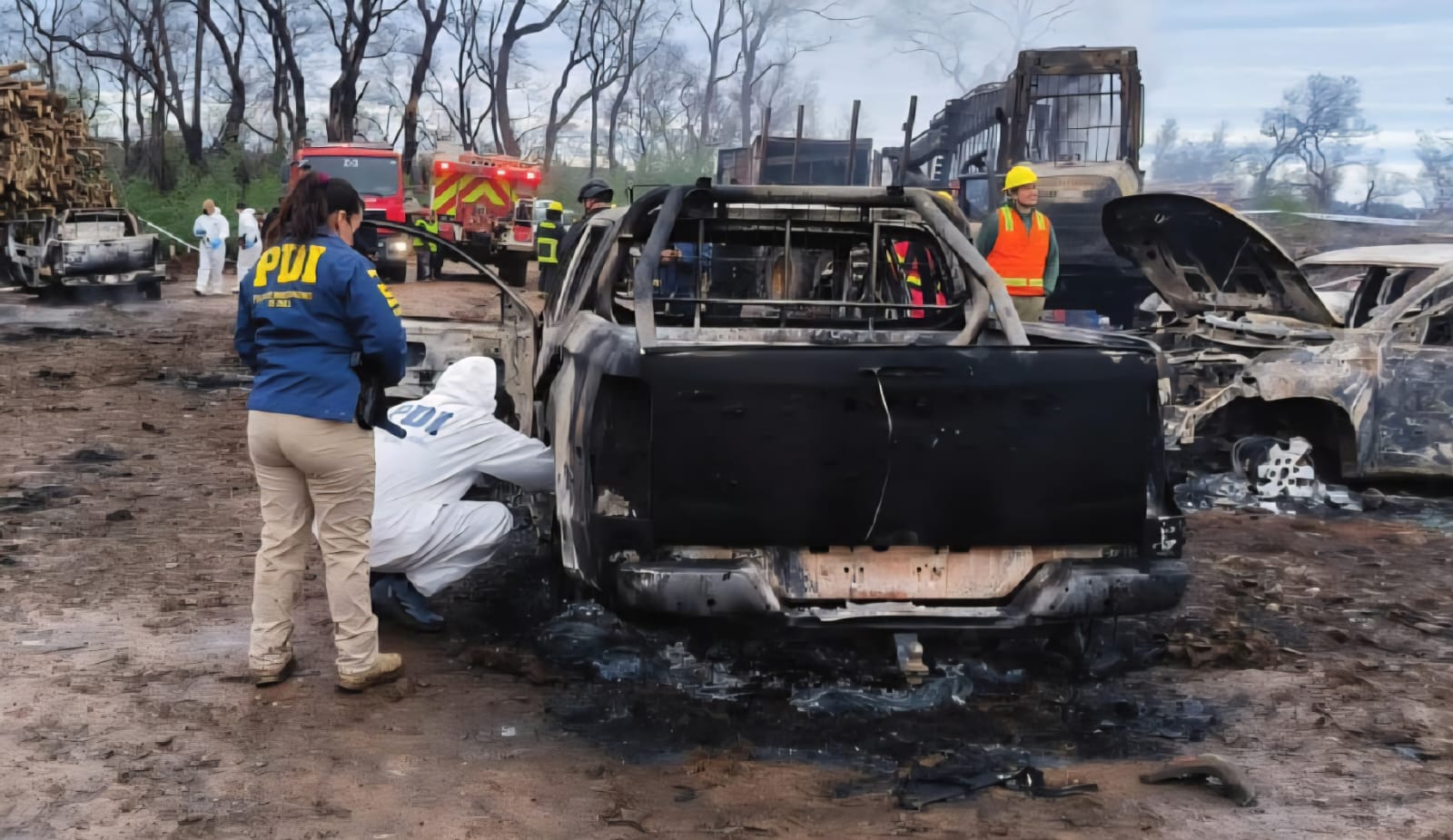
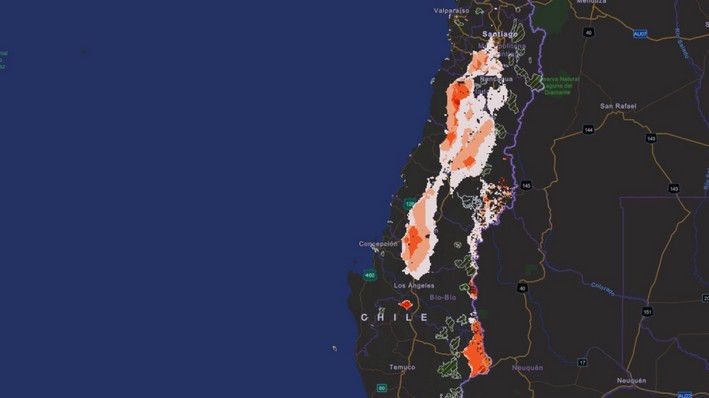
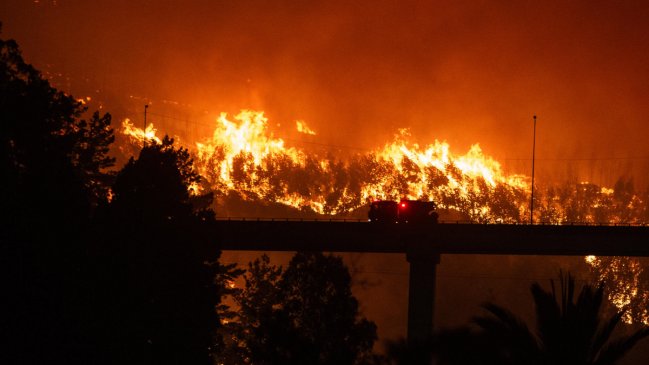
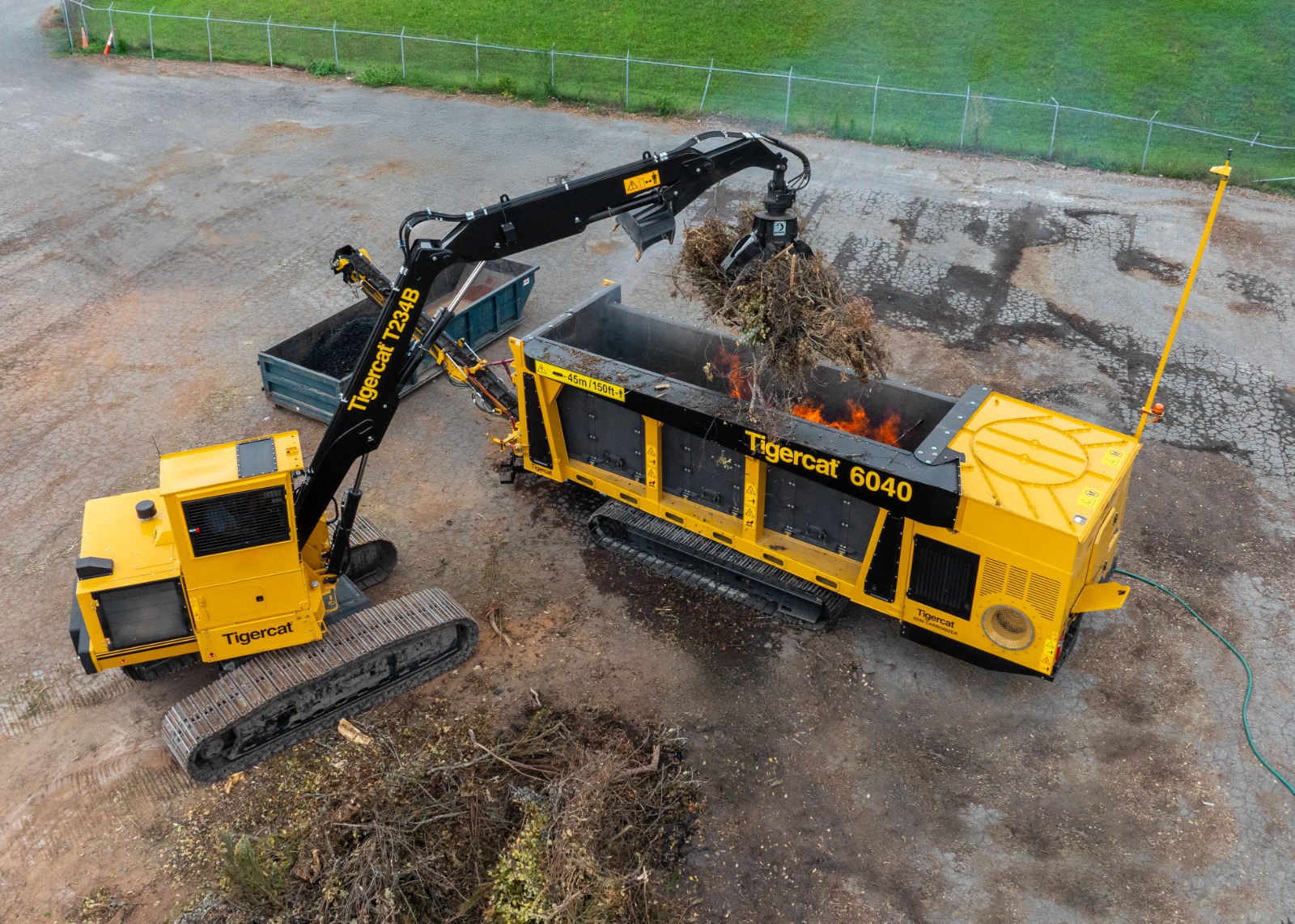
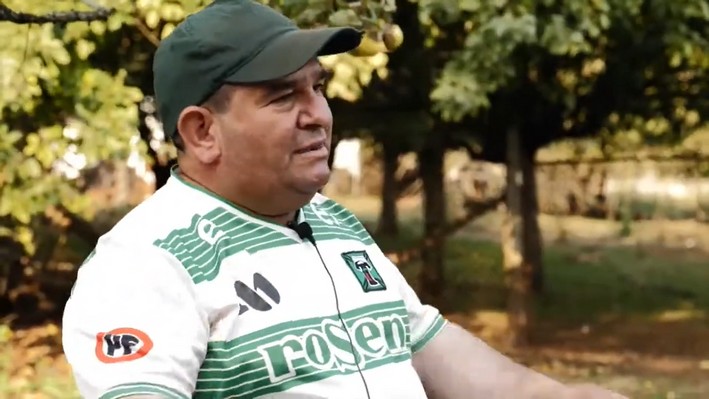
Comments (0)
No comments yet. Be the first to comment!
Leave a comment